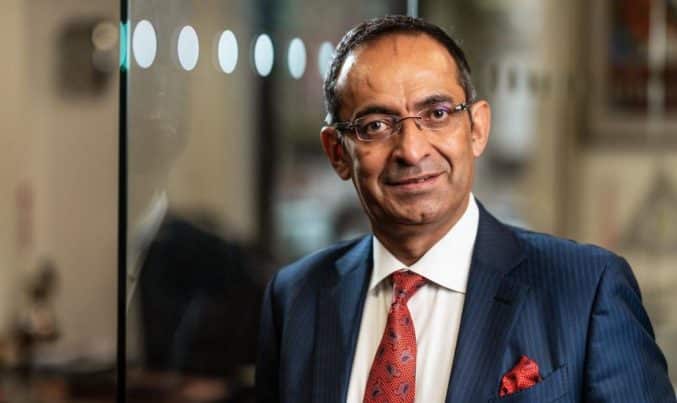Nationwide puts annual house price growth at five year high
By Laura Miller
House prices rose again to make a fourth consecutive month of gains in October, according to Nationwide data, amid caution incoming cliff edges could derail the market.
Prices were up 0.8% month-on-month, after taking account of seasonal factors, pushing the average price of a home on the Nationwide index to £227,826.
Annual house price growth increased to 5.8% in October, the highest rate recorded by the building society since Jan 2015.
Paresh Raja, CEO at Market Financial Solutions, said: “The stamp duty holiday has been a great success in stimulating property investment. The challenge is maintaining this. Lenders need to be on their toes and ensure the market has access to the necessary finance.”
This week the Bank of England released data showing mortgage approvals had climbed to almost 91,500 by the end of September, up from 85,500 the previous month. The last time so many mortgages had been granted was September 2007.
Anna Clare Harper, CEO of asset manager SPI Capital and author of Strategic Property Investing, said the Bank’s figures raise “concerns that we are moving into bubble territory, with homeowners and investors encouraged by low interest rates”.
Behavioural shifts, like seeking more space or a garden as a result of Covid-19 lockdowns, have buttressed housing market activity. The Chancellor’s decision to waive stamp duty on homes under £500,000 until the end of March 2021 has provided a near term boost by bringing purchases forward.
SPI Capital’s Harper said house price growth also reflects uncertainty and lack of alternatives. “If you are getting low or no returns with other investments, you are more likely to choose the tangibility and security that comes with putting money into bricks and mortar.”
But Robert Gardner, Nationwide’s chief economist, said he expected “activity is likely to slow in the coming quarters, perhaps sharply, if the labour market weakens as most analysts expect, especially once the stamp duty holiday expires at the end of March.”
He pointed to data suggesting the economic recovery has lost momentum in recent months with growth slowing sharply to 2.1% in August, down from 6.4% in July, despite a strong boost to the hospitality sector from the Eat Out to Help Out scheme.
Labour market conditions have also weakened, with the unemployment rate rising to 4.5% in the three months to August – up from an average of 3.8% in 2019. The end of October marks the end of the Job Retention Scheme, to be replaced with the much less generous Job Support Scheme, and the end of mortgage and loan holidays, which are expected to drive down incomes and increase unemployment.
Guy Harrington, CEO of residential lender Glenhawk, said: “The warning lights are well and truly flashing however, with grim unemployment data, the stock market in free fall and mortgage providers tightening their lending criteria.
“If and when the market corrects is anyone’s guess, but the government must hope that the predictions for a deep recession don’t materialise, otherwise the inevitable collapse in sales volumes will quickly unwind this recovery.”

Laura Miller is a freelance journalist who writes about money and business. She regularly appears in UK national and trade newspapers and magazines, and has previously worked for ITV News and the Telegraph among others. Find her on twitter @thatlaurawrites











You must be logged in to post a comment.